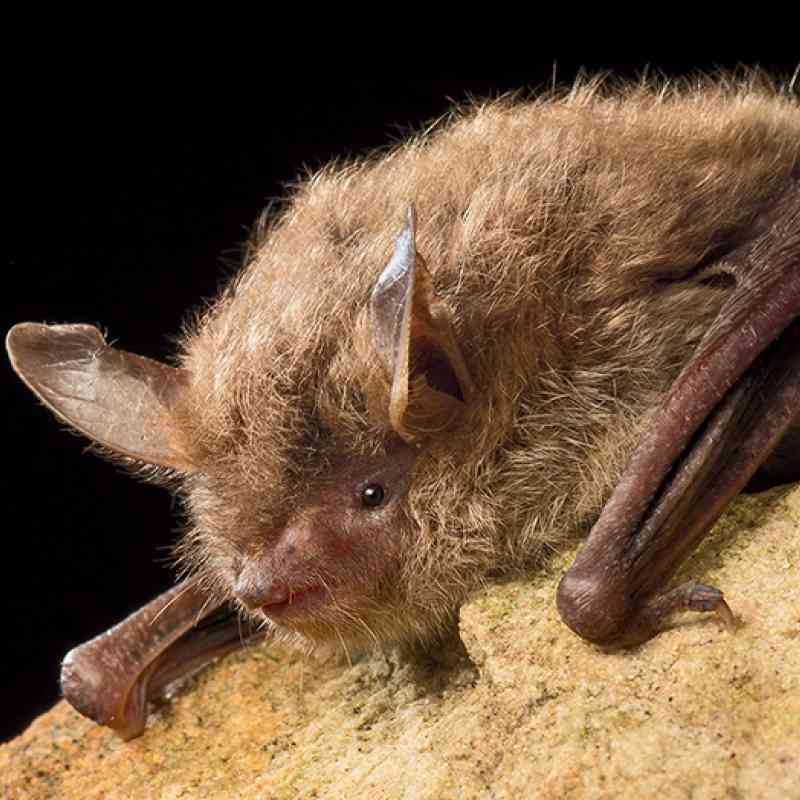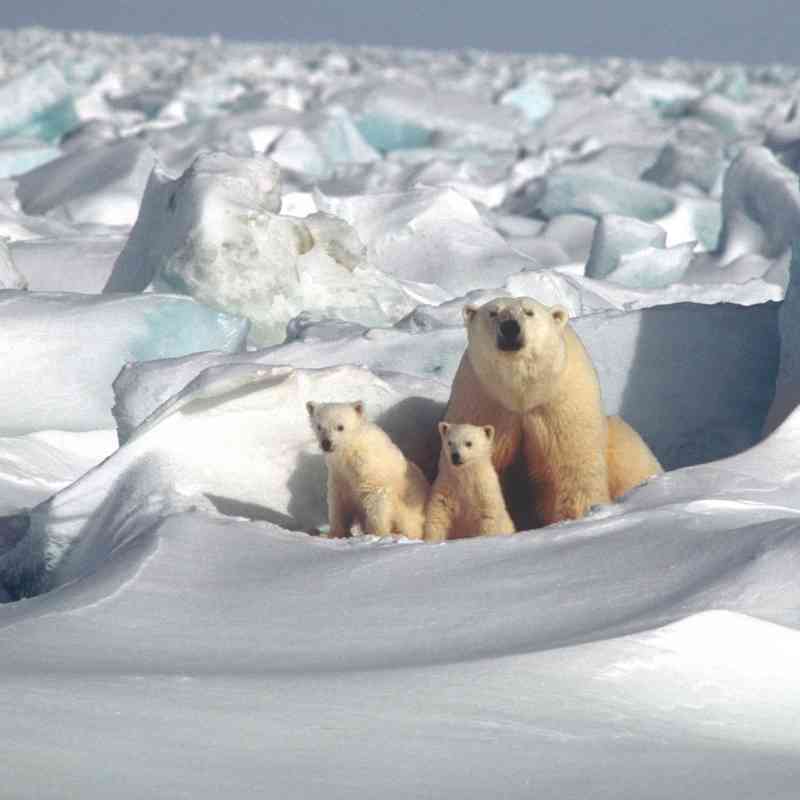Summary:
- One year ago, an explosion aboard the BP Deepwater Horizon drilling rig claimed the lives of 11 workers and initiated the worst oil disaster the U.S. has ever seen. Thousands of animals in the Gulf of Mexico were killed, many of which were endangered or threatened already, and oil and toxic dispersants continue to impact coastal communities and natural habitats.
- Despite recommendations from the Presidential Oil Spill Commission, Congress has yet to pass legislation that ensures safer operations in any water depth, provides better spill response, lifts the existing liability cap or secures funding for restoration efforts in the Gulf.
- Just last week, the House Natural Resources Committee passed three bills introduced by Rep. Doc Hastings that mandate the acceleration of the offshore drilling permitting process and open up new areas to oil and gas drilling, including offshore along the coasts of California, Massachusetts, North Carolina and Florida and in the Arctic Ocean.
The following is a statement from Jamie Rappaport Clark, executive vice president for Defenders of Wildlife:
“An entire year has gone by since the monumental economic and environmental disaster began in the Gulf of Mexico – an entire year of lost opportunity for Congressional action. Instead of enacting any laws that would prevent the same thing from happening tomorrow, some members of Congress are actually pushing through legislation that opens virtually all of America’s coastline to a similar crisis.
“What’s wrong with this picture? This backwards response is a colossal failure - for the Gulf communities struggling to get back on their feet, for the wildlife and natural habitats that will feel the harm of oil and toxic dispersants for years to come, and for the American people who expect our government to protect our country’s natural treasures. Congress can and should do better.
“Instead of rushing to open more of our sensitive waters to drilling, we must first fix what went wrong in the Gulf. Congress needs to take action to secure not only the Gulf but all of our coastlines from a future oil disaster. This means first ensuring that the risky offshore industry operates with meaningful measures to protect worker safety and prevent future oil spill disasters, and bears full financial liability for its mistakes. It means taking important steps to move our country away from the dirty and dangerous fuels that got us into this mess in the first place and usher us toward a responsible, clean energy future.
“It’s time for Congress to stop doing the bidding of Big Oil and start looking after the interests of Gulf citizens and the American people. In fact, it’s a year overdue.”
Background:Last week, House Natural Resources Committee Chairman Doc Hastings (R-WA-04) introduced three bills that would throw open new areas to offshore drilling. By fast-tracking the drilling permitting process and bypassing any meaningful environmental regulation, Hastings clearly demonstrated his “oil above all” energy agenda. Below are the bills:
• H.R. 1229 - Putting the Gulf of Mexico Back to Work Act – This attempt to fast-track drilling would automatically approve any drilling permit after just 60 days, even if the government had not had sufficient time to address concerns with the permit or to obtain additional information it needed to make a complete review and approval determination. Instead of protecting jobs that depend on a clean Gulf such as fishing or tourism, the bill recklessly expedites drilling operations with no regard to safety, local economy or the environment.
• H.R. 1230 - Restarting American Offshore Leasing Now Act – This legislation forces the Department of the Interior to hold lease sales in the Gulf of Mexico and off the coast of Virginia and declares that a pre-Deepwater Horizon environmental impact statement will be considered sufficient, with no other review being required under the National Environmental Protection Act (NEPA). This results in forced lease sales with no regard to environmental impact – the same type of irresponsible conduct that led to the Deepwater Horizon disaster.
• H.R. 1231 - Reversing President Obama's Offshore Moratorium Act – In a massive handout to the oil and gas industry, this legislation not only forces the government to take on 50% of the cost of seismic testing for oil, it requires the administration to open up coastal and Arctic offshore drilling areas regardless of economic or environmental consequences for the local area.
By contrast, legislation introduced by Rep. Ed Markey (D-MA-7) would focus on addressing the lessons of the BP Deepwater Horizon oil disaster.
• H.R. 501 -Implementing the Recommendations of the BP Oil Spill Commission Act of 2011— This bill provides for improved enforcement of safety and environmental regulations, provides for Gulf restoration and adjusts the polluter liability cap so that oil company liability is no longer capped at the artificially low number of $75million/incident.
Contact(s):
Caitlin Leutwiler, (202) 772-3226, cleutwiler@defenders.orgDefenders of Wildlife is celebrating 75 years of protecting all native animals and plants in their natural communities. With a nationwide network of nearly 2.2 million members and activists, Defenders of Wildlife is a leading advocate for innovative solutions to safeguard our wildlife heritage for generations to come. For more information, visit defenders.org/newsroom and follow us on Twitter @Defenders.

